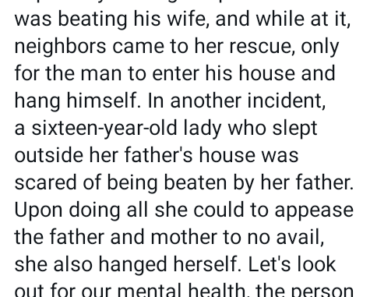[ad_1]
Protecting children online: a moral and societal necessity
Safeguarding the safety and well-being of children is a responsibility of all of society. In the digital age, where children are increasingly exposed to online dangers, the protection of children has become an indisputable moral and societal imperative.
Today’s children are growing up in a connected world where they are constantly in contact with the internet. While this access to information is beneficial to their intellectual development, it also carries risks and growing concerns. Children are vulnerable to online predators, cyberbullying, exposure to inappropriate content, and other potential threats.
Online predators, for example, use online platforms to connect with children, often posing as trusted individuals. These malicious actors seek to exploit children, manipulate them emotionally, and subject them to dangerous situations. Protecting children from these predators is therefore a key priority to ensure their physical and psychological safety.
Cyberbullying is another major issue that children can face online. Bullies use social media, instant messaging and forums to humiliate and intimidate their victims. This can have devastating consequences for children’s emotional well-being, affecting their self-esteem, confidence and ability to thrive.
Additionally, children can easily be exposed to inappropriate content online, such as violent, pornographic or extremist images. These experiences can negatively impact their cognitive and emotional development, altering their perception of the world and contributing to problematic behaviors.
It is therefore essential to put in place protective measures online to ensure the safety of children. Parents, educators, governments and technology companies all have a role to play in this collective responsibility.
Parents need to be aware of online dangers and set clear rules for their children. They should educate their children about good online practices, educate them about possible threats, and encourage them to report suspicious behavior. At the same time, educators need to integrate digital safety education into school curricula to make children aware of the importance of their own protection online.
Governments must also play a crucial role in creating laws and regulations to protect children online. Public policies must be put in place to fight against cybercrime and punish the perpetrators of offenses related to the exploitation of children. Governments can also work in partnership with tech companies to develop effective filtering and parental control tools.
Finally, technology companies have a major responsibility when it comes to protecting children online. They should develop robust security mechanisms to prevent predators from accessing platforms and improve detection and removal of inappropriate content. Tech companies need to promote strong ethics by ensuring their services meet safety and child protection standards.
In conclusion, protecting children online has become a top priority in our digital society. Collaboration between parents, educators, governments and tech companies is key to keeping kids safe online. It is imperative that effective measures be taken to safeguard the well-being and future of future generations.
→ READ ALSO: The Galaxy S24, S24 Plus and S24 Ultra batteries are now official, what can we expect in terms of battery life?
→ READ ALSO: The price of the Sony accessory is sold off!
→ READ ALSO: This option hidden in the settings will transform your autonomy!
[ad_2]
Mots clés: #Moral #Social #Necessity
→ READ ALSO : Mamadou Lamine DIALLO Makes A Comparison Between President Macky SALL And A Damel From Cayor
→ READ ALSO : The game of deceivers?
→ READ ALSO : Another Arrest Surfaces
Suivez tous les scores en direct ici !
























